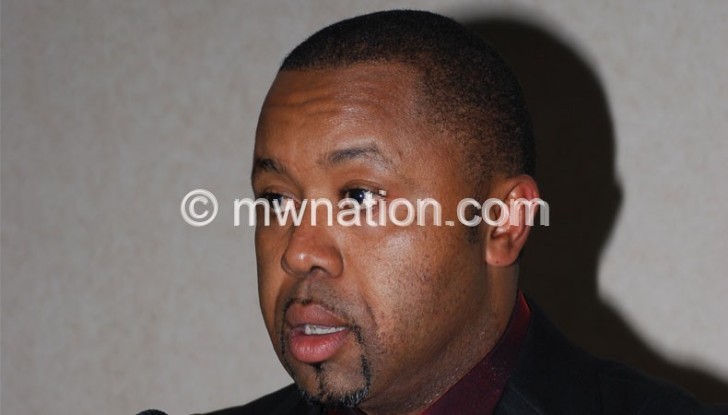Chilima chides Escom, water boards
Vice-President Saulos Chilima says provision of social services to areas not designated to be occupied by people should be stopped as one way of reducing impacts of natural disasters in the country.
The Vice-President made the remarks Monday in Lilongwe during the official opening of the two-day National Disaster Risk Management Platform Conference.
Citing what he observed in Masasa, Mzuzu, recently when he visited flood victims, Chilima—making a specific reference to water boards and the Electricity Supply Corporation of Malawi (Escom)—wondered why the service providers supplied their services to communities living in areas not meant for habitation.

He said: “I am talking about communities that are living on a river basin. That is inhabitable. But I was surprised to see [Northern Region] water board and Escom providing services to such people. This is not on. We are promoting lawlessness.”
Chilima, who stressed that time has come for Malawians to ‘call a spade a spade’, also advised various players in disaster management to consider urban areas as they are also prone to disasters.
Speaking earlier, United Nations resident coordinator Mia Seppo took time to review how Malawi responded to the 2015 floods and noted that while government spent time and resources to prepare for contingency plans, there was limited implementation of such plans when disaster strikes.
She also noted that the centralised nature of disaster funding left responders unable to take action before some funds were mobilised and allocated from the centre. She added that responding from the centre was expensive, slow and inefficient.
Formed in 2013, the National Disaster Risk Management Platform is a nationally owned and led arrangement in the form of a forum of multiple stakeholders, serving as an advocate for disaster risk management at different levels.
This year’s conference, which has drawn participants from various stakeholders, is being held under the theme Building Resilience Through Recovery and Risk Reduction.
It has been organised by government and supported by the World Bank, Centre for Environmental Advocacy and Policy (Cepa) through the Enhanced Community Resilience Programme (ECRP), the Catholic Development Commission (Cadecom) and Project Concern International (PCI). n





